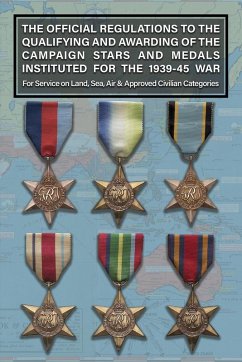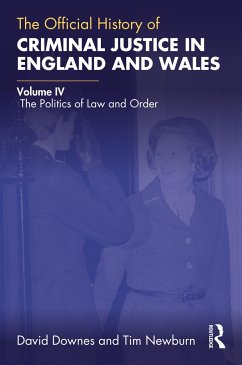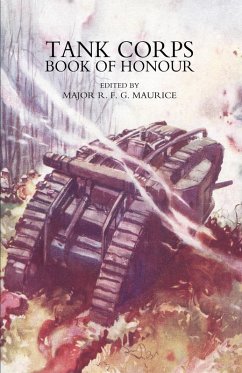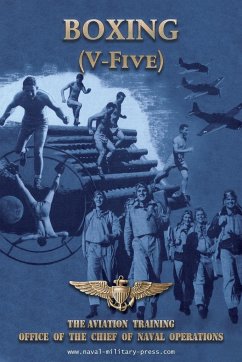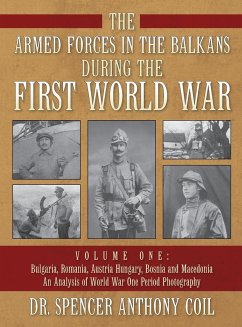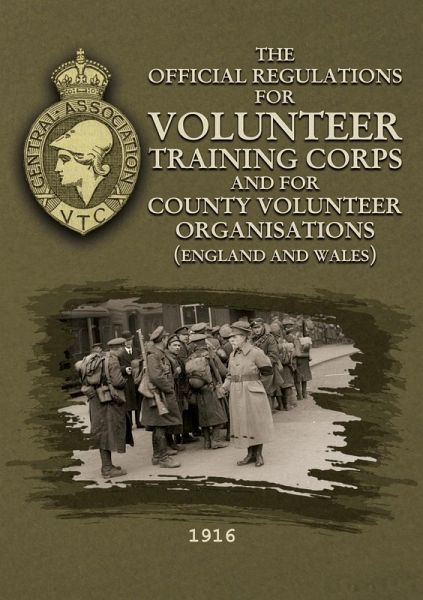
The Official Regulations for Volunteer Training Corps and for County Volunteer Organisations (England and Wales)
Versandkostenfrei!
Versandfertig in 1-2 Wochen
13,99 €
inkl. MwSt.

PAYBACK Punkte
7 °P sammeln!
At the outbreak of war in August 1914 local patriotic men throughout the country formed themselves into local volunteer corps under many designations and offered their services to the government. Initially these groups were not supported, but in November 1914 official approval was granted to set up the Central Association of Volunteer Training Corps to administer local volunteer units, most of which became Volunteer Training Corps. In April 1916 the government accepted the offers of VTCs to serve in the country's defence. In December, legislation led to the uniform of VTCs being recognised as ...
At the outbreak of war in August 1914 local patriotic men throughout the country formed themselves into local volunteer corps under many designations and offered their services to the government. Initially these groups were not supported, but in November 1914 official approval was granted to set up the Central Association of Volunteer Training Corps to administer local volunteer units, most of which became Volunteer Training Corps. In April 1916 the government accepted the offers of VTCs to serve in the country's defence. In December, legislation led to the uniform of VTCs being recognised as belonging to an arm of His Majesty's Forces and was renamed the Volunteer Force, with the County Territorial Force Associations taking over the administration of the units. Volunteer regiments were permitted to style themselves as volunteer battalions of their local regular of Territorial regiments and most adopted alternative title and badges of their affiliated regiments. The Volunteer Force stood down at the end of the First World War although orders for disbandment were not issued until September 1919 and motor transport units in 1921. Extract from the regulations: To organise the various Volunteer Corps throughout the country into Battalions and Regiments, taking as the geographical basis of such Organisation the County area; to provide Rules and Regulations for such Volunteer Corps; to secure their military efficiency; to act as a connecting link between them and the War Office and to enforce such Regulations as the War Office may issue. These are the official regulations (1916) of the fascinating early home defence volunteer unit formed during World War 1. This book shows the minutiae of the regulations of the corps. The VTC arose from the need of those men who were forced to stay at home to be seen to be doing their bit. They saw the removal of the bulk of both the regular army and the Territorial Force to the Western Front as their opportunity to prepare to resist the expected German invasion of Britain. Illustrated with line drawings of badges, badges of rank and uniforms. These were no "chocolate box" soldiers; they were, if the need arose, expected to fight in close quarter with the enemy to slow and harass him until regular units could reform and "smash the enemy"






